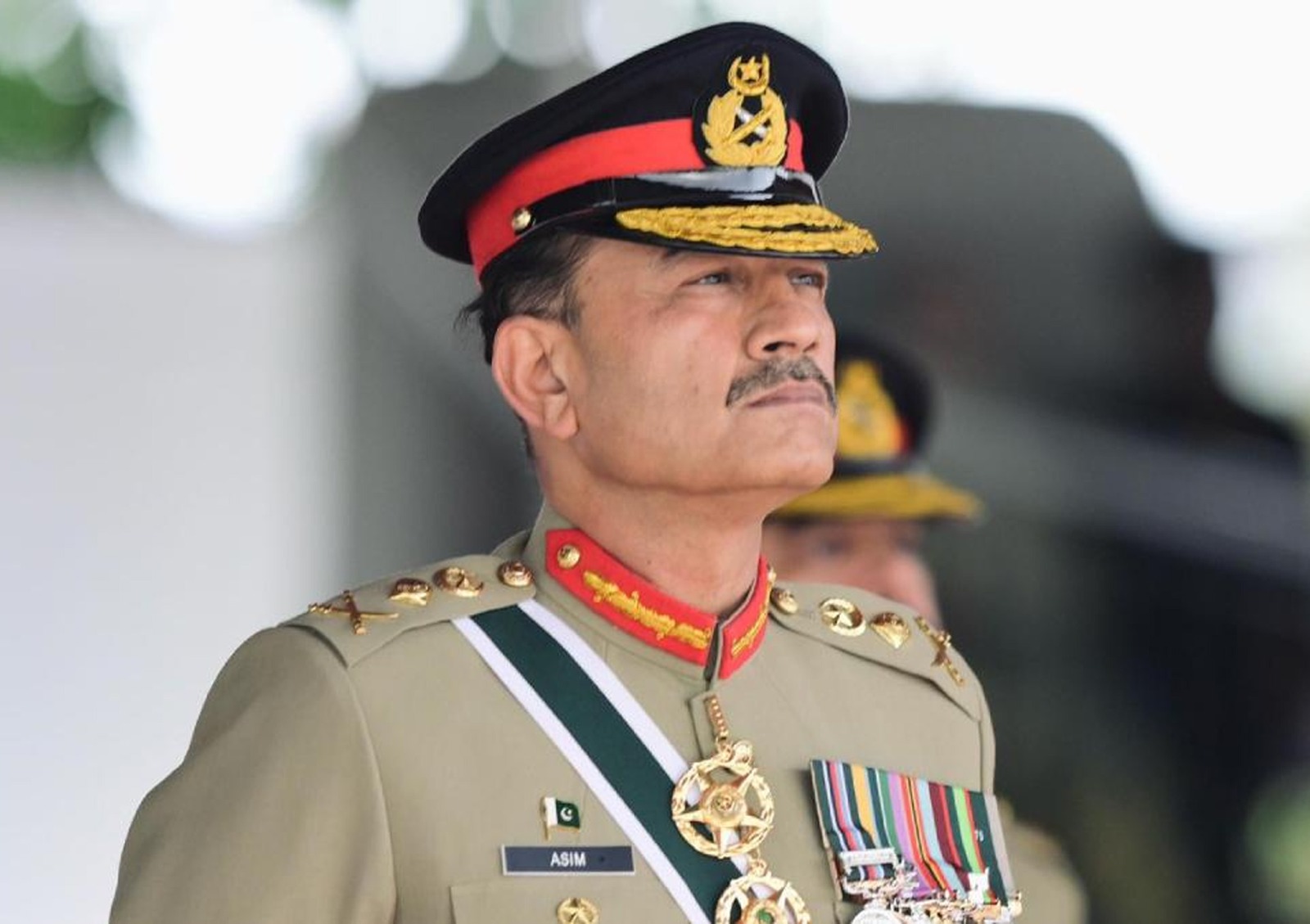
Currently, Pakistan has once again entered a new chapter of deep political uncertainty and military shadow. Speculation has begun about the country's military chief, General Asim Munir - is there a plan to install him as president? Reports in domestic and international media are raising this possibility. Some say this could be the beginning of another 'soft coup' in Pakistan, in which the military is once again directly entering the country's executive power.
Recently, General Munir was given the title of "Field Marshal" of Pakistan. This has happened for the second time in the history of Pakistan. The first time this honor was given to General Ayub Khan, who later became the country's president and initiated military rule.
Thats why, many people believe that giving this honor to Munir is actually a 'signal' in the political context, indicating that he is not just the supreme leader of the military - but may be about to become the ultimate power holder in Pakistan.
The tension between the 'elected government' and the 'invisible government' has been going on in Pakistan for a long time. Since the fall of Imran Khan's government, the military's interference in Pakistani politics has become more evident. Imran Khan is currently in jail, but his popularity is still strong among a large section of the country. In such a situation, Munir has become the only reliable pillar for the army and the current government, controlling everything from political decisions to administrative power. Now, it would not be surprising at all if the plan to make him president actually materializes.
According to various Pakistani newspapers, journalists, and political analysts, discussions are underway in General Munir's close circle to remove current President Asif Ali Zardari. Although there has been no official recognition of this, there has been a lot of information circulating on social media, based on which it is being said that the position of president has actually become a part of military strategy.
This rumor is further strengthened when it is seen that a kind of shadow of the military has begun to fall on the courts and parliament of Pakistan. Economic crisis, domestic terrorism, tough fiscal decisions under IMF conditions, and tense relations with India - all of these factors are leading to growing concerns about democracy in Pakistan.
Many are questioning why General Munir was given such a rare military title, which had only been awarded once before. Analysts say the rank greatly expanded his power. Not only in the military sense, but now he has become an unwritten yet influential figure at the state level as well. If he is made president, many believe that the dividing line between democracy and military authority in Pakistan could be erased forever.
Although the government has stated that everything in the country is being done in accordance with the constitution, many ordinary citizens, human rights organizations, and international observers fear that the military is about to take full political control in Pakistan in the near future. In such a context, if Asim Muni becomes president, he will effectively play the role of president, army chief, and political guardian.
Pakistan's history shows that the army has never been a mere security force; rather, its influence has repeatedly had the final say behind the scenes of politics.The rise of General Asim Munir and the speculation surrounding him becoming president in the current era is not just the story of the rise of one man, but rather it is a profound signal about the existence of democracy in Pakistan, constitutional values, and people's right to vote. The whole of South Asia is waiting to see how realistic this speculation becomes in the coming days and which way Pakistan moves.